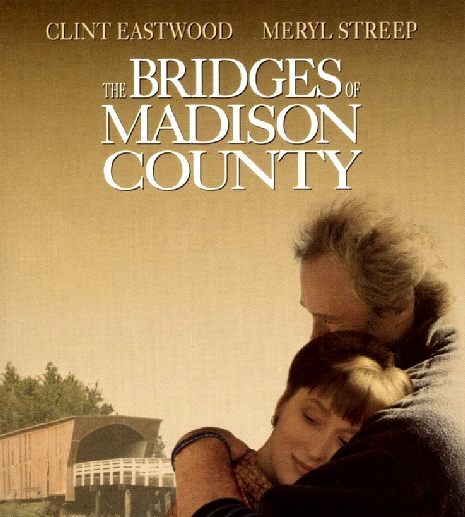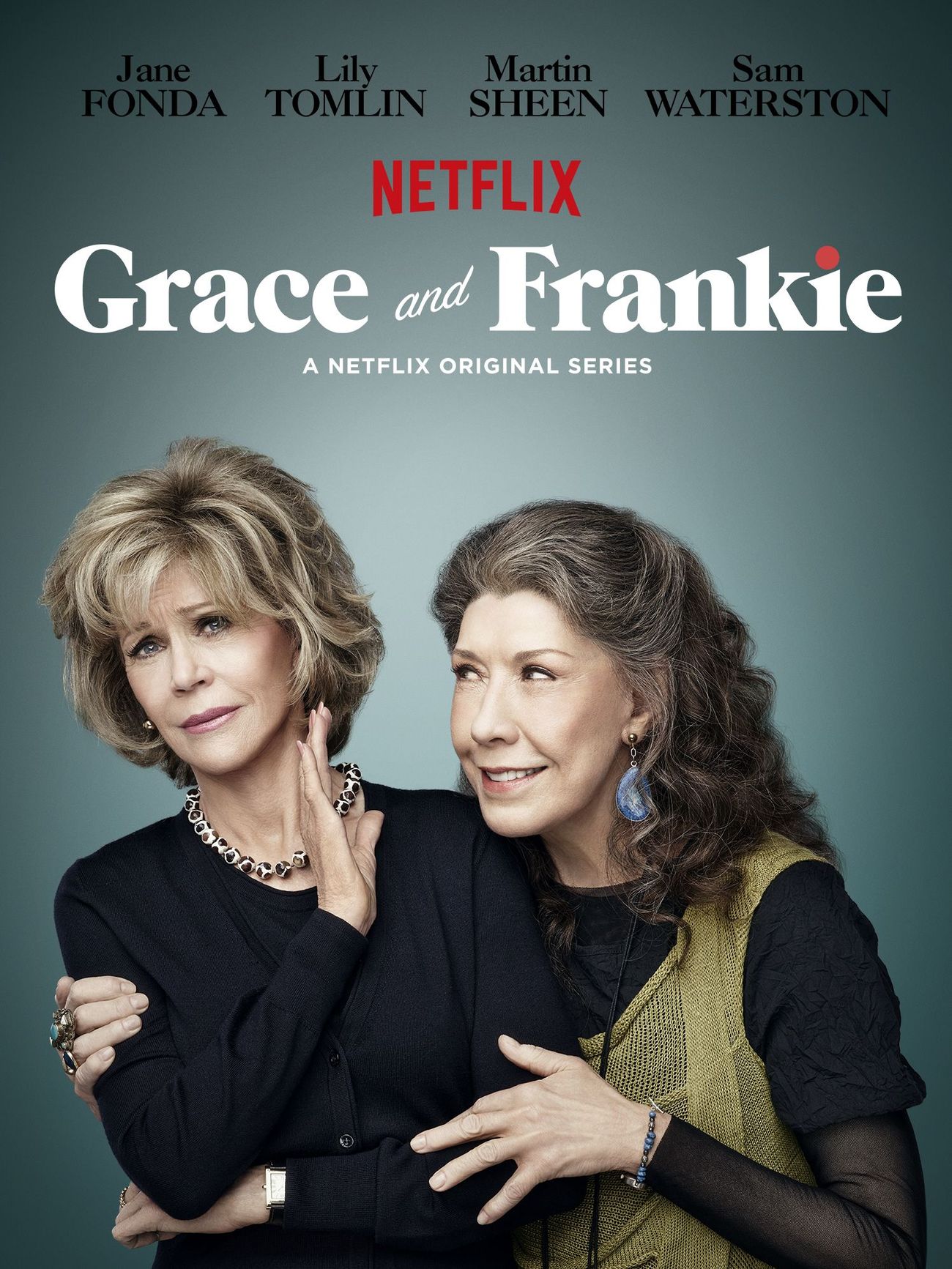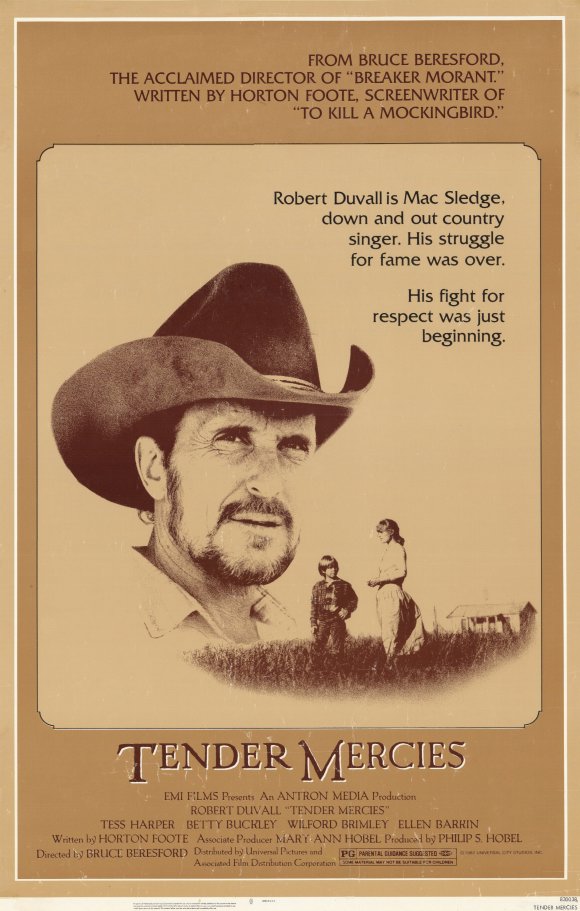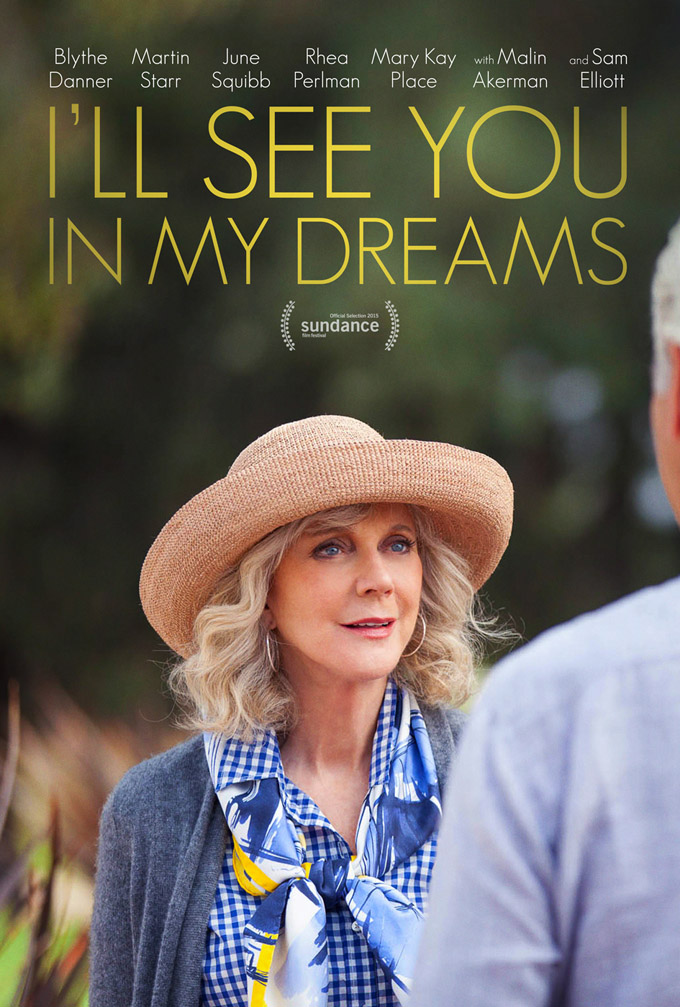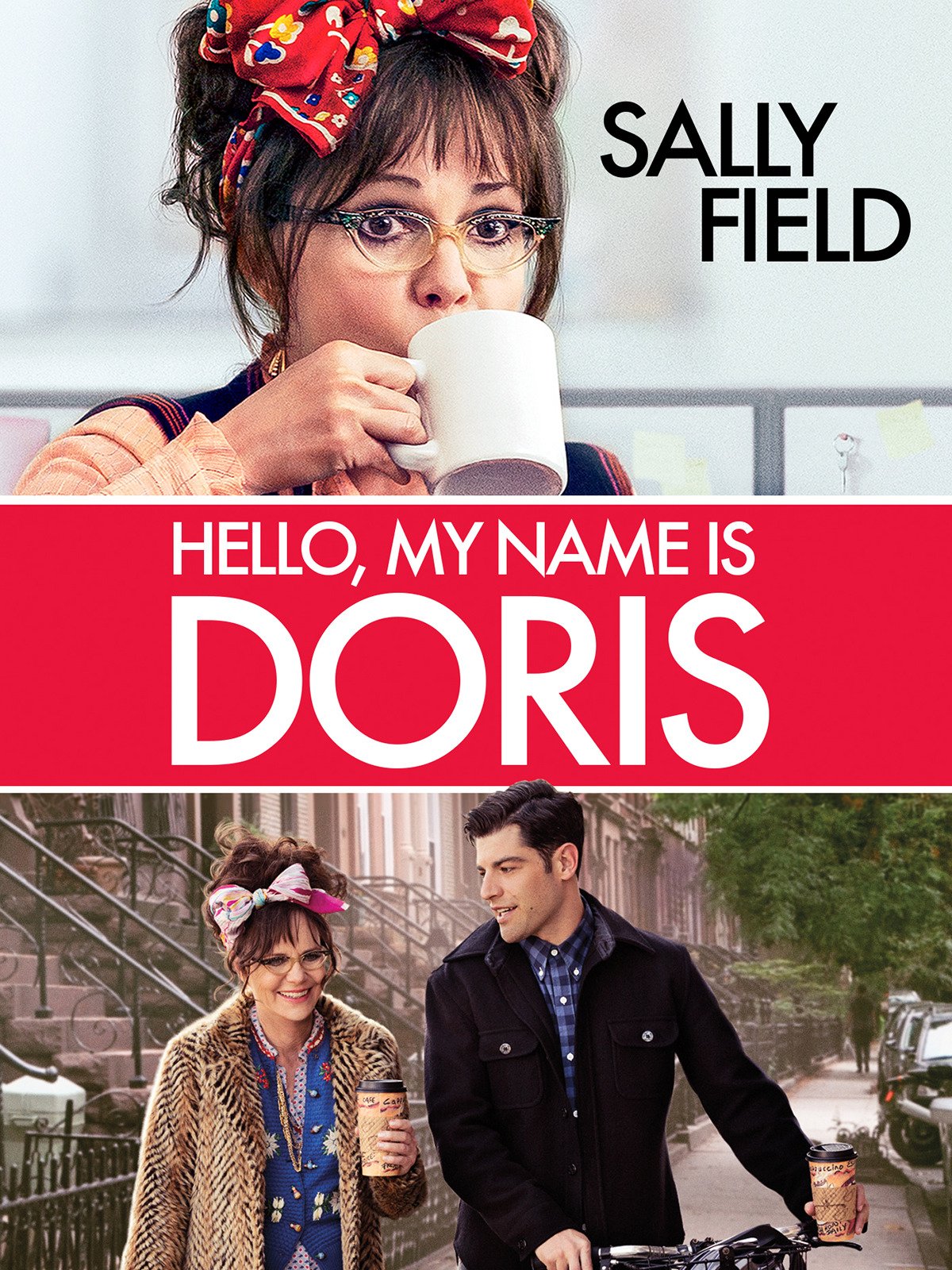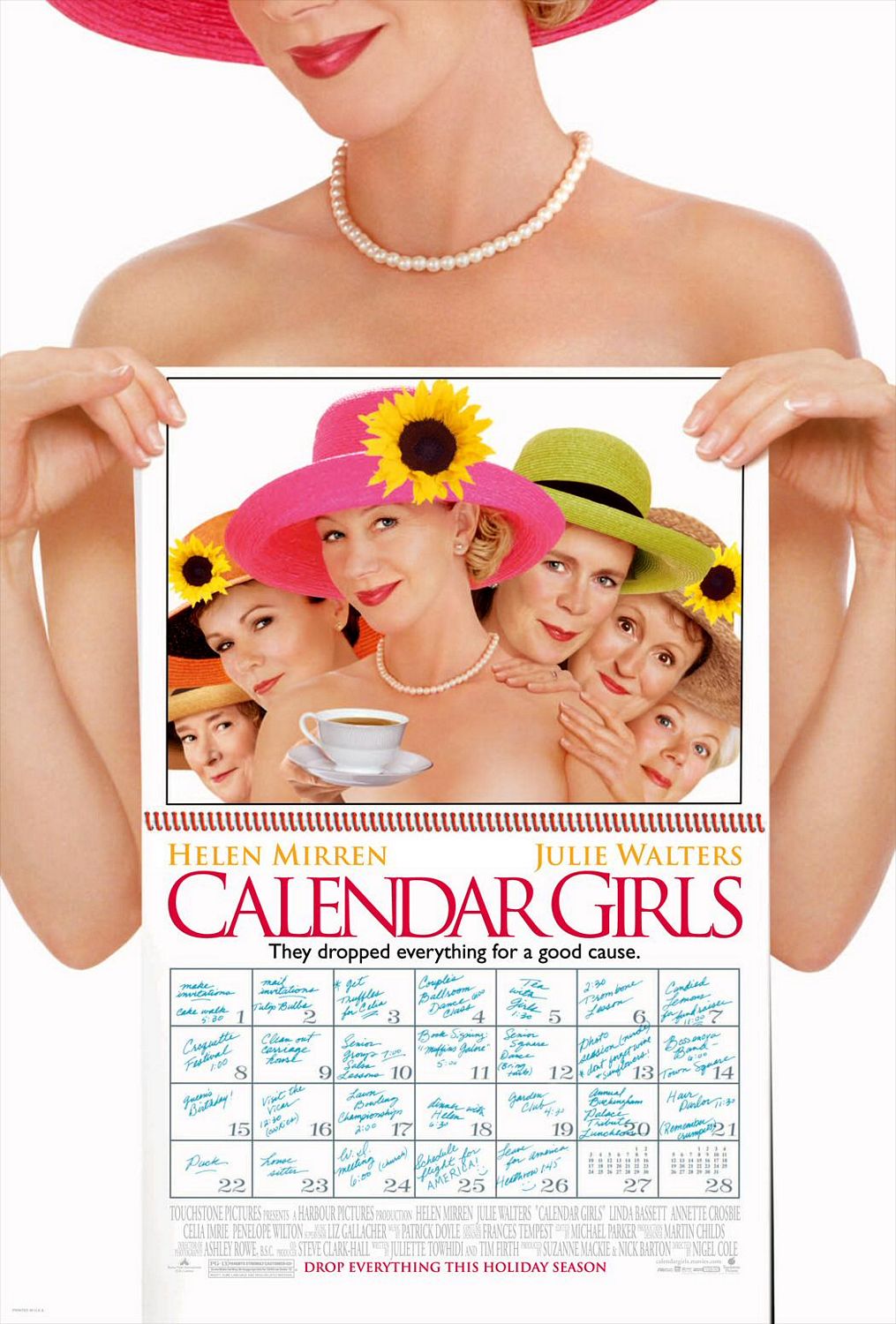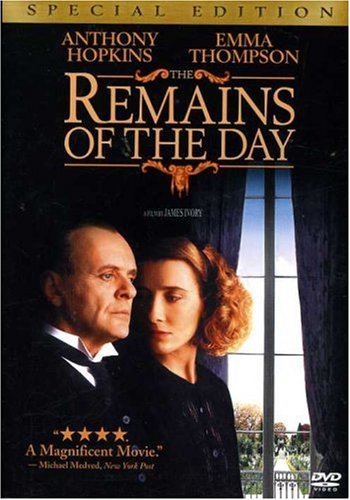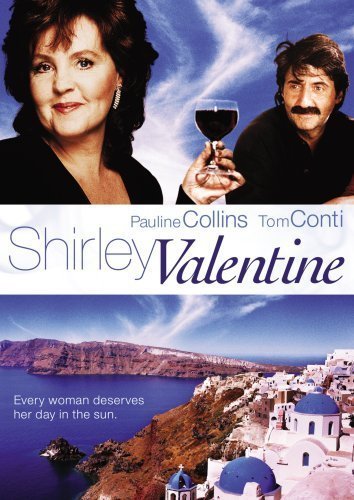
1989, USA/UK, 108 min.
Shirley Bradshaw (Pauline Collins) is a 42-year-old Liverpool housewife who is so marginalized and isolated that she literally talks to the walls. Her husband (Bernard Hill) thinks she’s going crazy, but the wall at least lets Shirley be herself, something that has been diluted through years of thankless domesticity. When a friend invites her along for a Greek vacation, Shirley reluctantly accepts—and drinks in the freedom. Reprising her stage role, Collins’ spunky and regretful take on a woman facing an emptying hourglass is winning, and director Lewis Gilbert and writer Willy Russell’s refusal to frame Shirley’s rebirth solely through sex gives the movie the bittersweet jolt of recognition. She really does fall in love with herself again; maybe we will as well.


